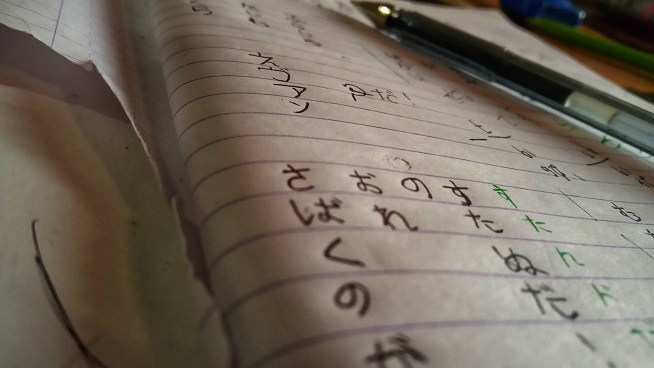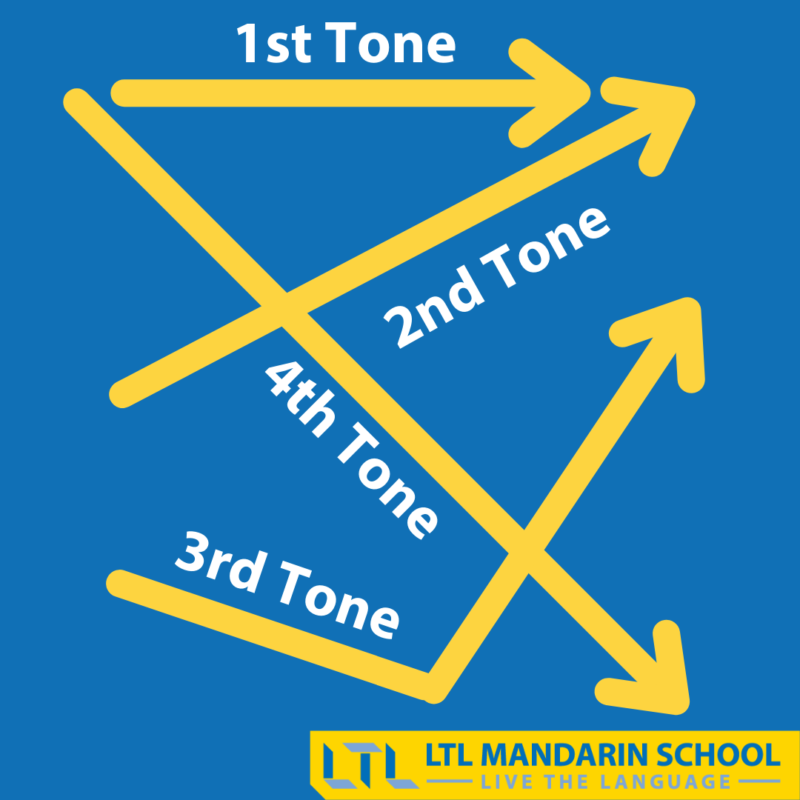Learning a new language can be difficult. Both Chinese and Japanese have complex characters and word structures, but Chinese is easier to learn because the word order is similar. The grammar is simpler, and there are fewer tones in the Japanese script. Nonetheless, Chinese may seem alien to you at first. It might seem impossible to learn a new language without learning the rules and vocabulary. You may have difficulty with the pronunciation of common words.

However, if you are willing to put in the effort, both languages are easier to learn. The difference is in the difficulty of the characters and the language rules. Compared to English, Chinese has more complicated grammar principles and difficult characters. In addition, learning keigo, the honorific form of Japanese, is a challenge. But compared to learning proper Japanese, Chinese is easier to master. But both languages require a lot of time and effort to get the hang of.
Learning Japanese is a more difficult language than learning Chinese. While both languages have complex vocabulary, they are written differently. While English language learners can get fluent quickly, Japanese learners will need to learn more complex words. For this reason, Japanese is more difficult than Chinese for English native speakers. So, which is easier to learn? Let your passion guide you! If you’re an English native, the answer is easy! If you’re unsure, ask your friends and family.
Which is easier for English speakers? Depending on your goals, Chinese is the more difficult language to learn. It takes less time to learn Japanese, but you’ll still need to focus on tones and pronunciation. In addition, learning both languages will require a commitment to learning and speaking a foreign language. It can help to choose the easier one. You might not need both, but it will be better for your future.
The Japanese language has many more phonemes than Chinese. It has no tones, but Chinese words do. Unlike English, Japanese words have different intonation patterns. In contrast, Japanese words have no tones. Hence, if you pronounce a word differently, you could change its meaning. Similarly, learning a Japanese language is more difficult for English speakers, but it is still easier to learn. A lot of people prefer Chinese for their first language.
When it comes to learning a new language, it can be difficult to learn both Japanese and Chinese. There are some similarities between the two languages. For example, both languages have different writing systems. The Chinese alphabet is written from top to bottom, and Chinese uses katakana. While the two languages share many idiomatic expressions, Chinese has the more complicated script. In addition, learning Chinese idioms are more complicated than those in Japan.
Although both languages have similar sounds and vocabulary, there are differences between the writing systems. The Chinese alphabet uses kanji, while the Japanese one has a more complex writing system. While both languages use the same alphabet, a Japanese language is easier to learn. If you have limited knowledge of Chinese, you might want to choose the Japanese version. A Chinese language is more difficult to read and write. A Japanese word is written in a way that makes it easier to read.
Both languages have different idiomatic expressions. For example, Chinese has a large number of 4-character idioms. Despite being easier to learn than the Japanese alphabet, it is still difficult to learn the pronunciation. The pronunciation of a Japanese word is important when describing a specific situation. Likewise, the Chinese language has more complicated words. When you’re speaking with a native speaker of either language, it’s often easier to understand the meaning.
It’s impossible to compare the two languages based on their spellings and alphabets. They both have similar radicals and are difficult to learn. In general, Chinese is easier to learn than Japanese. But the Japanese language has fewer idiomatic expressions than does Chinese. Therefore, Japanese is easier to learn. It’s important to practice the two before deciding which one is easier for you. But it’s not easy to choose the first language you hear.



